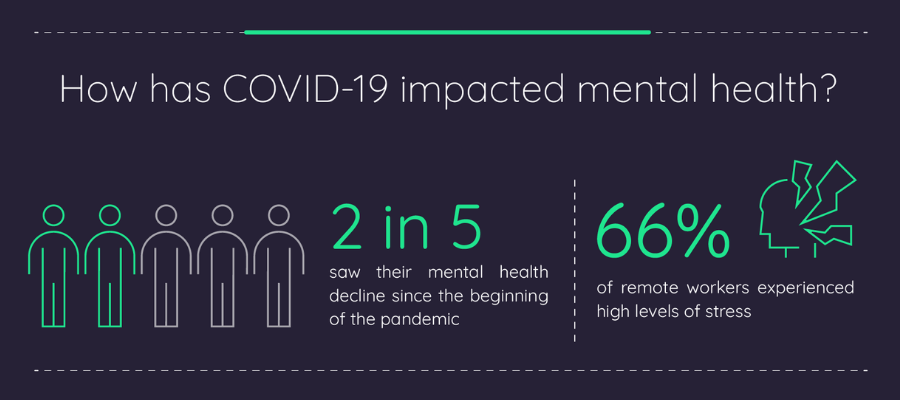Sleep during Covid-19
The outbreak of COVID-19 has affected and caused major disruptions in nearly all aspects of everyday life. Sleep has been no exception. Experts have coined the term ‘coronasomnia’ to describe the loss of sleep and overall disturbances caused by the pandemic, often referring to an increase in symptoms of anxiety, depression, and stress.
Drastic changes to daily routines, uncertainty about the future, and health concerns have exacerbated the existing sleep deprivation epidemic which was rampant well before 2020. Before the pandemic, more than one-third of working adults got less than the recommended amount of shut-eye per night, and mental health issues already affected one in four individuals.
Lockdowns, isolation, and a shift to remote work have altered sleep patterns and worsened emotional wellbeing, resulting in higher fatigue and burnout. Working from the comfort of their own home, many have turned to afternoon naps to get an energy boost and help them cope with disrupted daily routines.
With no external pressure to stay awake, individuals have become more conscious of their need to rest, and have experienced the benefits of napping for their mood and productivity. Explore more in our white paper.


